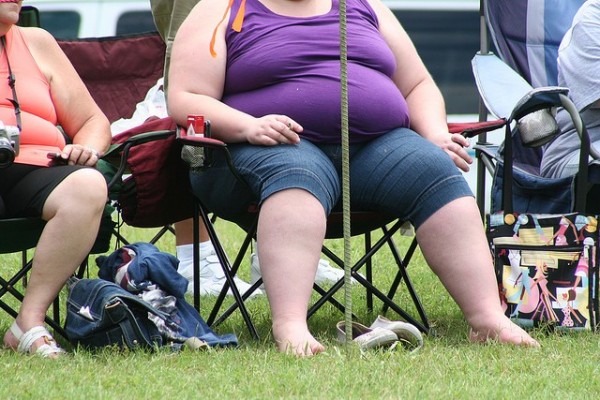Obese Women Suffer from Food Learning Impairment: Study

Study reveals overweight women have food-learning impairment and hence, have a different attitude towards food and eating.
Data from previous study holds inability to perceive taste of fatty substances in food induces us to overeat leading to obesity. Researchers at the Yale School of Medicine found obese women have poor ability to recognize clues that predict food rewards. This behavior may help explain why women with excess body weight are complacent about their physical condition and tend to binge on fatty food.
The study observed 133 participants with normal and humongous body weight to examine their ability to learn cues and predict rewards. The subjects were made to look at two colored square card sequences followed by specific images of food or monetary rewards. In some cases, the colors and rewards were interchanged and the participants' were asked to guess the reward they are most likely to receive by looking at the card's color.
The findings revealed 18 female participants who were obese gave poor performances in tasks where they had to predict food rewards but fared well in tasks while guessing monetary rewards. The obese women mostly miscalculated the number of times the pictures of food items like chocolates and pretzels appeared in the cards. But the study did not note any differences in performances of both tasks in obese men.
Obese women lack control over their eating and lifestyle habits and experience negative emotions on self and body image. Their food learning impairment along with negative-self image can aggravate emotional and mental distress. The study results can help identify new methods in obesity prevention and treatment plans.
"Instead of focusing on reactions to the food itself, such interventions could focus on modifying the way in which obese individuals learn about the environment and about cues predicting food rewards," said Ifat Levy, study author and assistant professor of comparative medicine and neurobiology at Yale School of Medicine in a news release.
More information is available online in the journal Current Biology.
Jul 19, 2014 07:31 AM EDT





